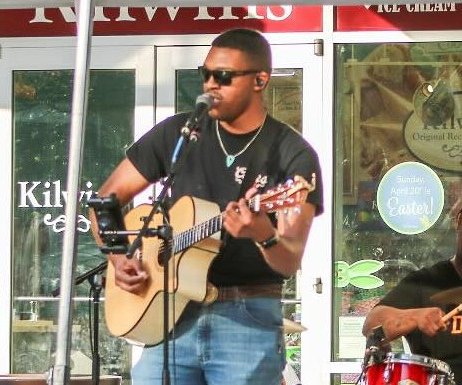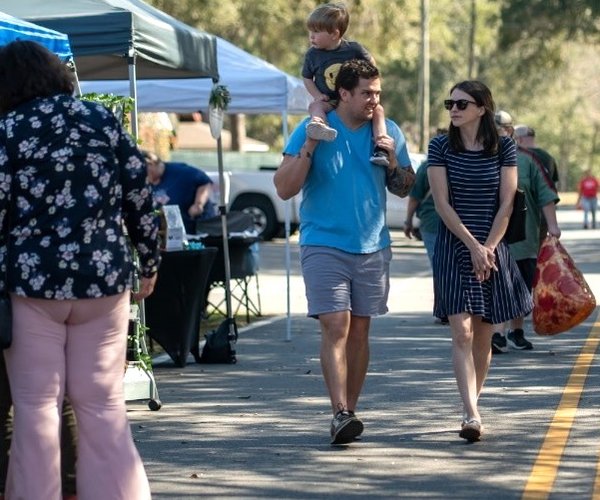It happened that we had been to the funeral home to pay respects.
For me, this requires an hour of hair, make-up and dressing for a 15-minute appearance and signing of the register. It’s hard when you work at home as we both do, to pull ourselves away from our writing and, most especially, to dress Sunday proper. We climb out of jeans and comfy shirts. I shake my hair out of a ponytail and apply mascara and lip gloss. Please don’t ever ask one of our delivery people how I look on a day-to-day basis. It ain’t purdy. So, it’s a chore to sleek up, gloss over and dress up. We grumble a bit.
This is all to explain how we wound up in a diner by the wayside, dressed much nicer than the farmers who wandered in from a hard afternoon’s labor. We twisted uncomfortably in our booth, both feeling conspicuous and overdressed but I, especially, was mindful of the black dress and heels I wore. I looked like I was dressed for a cathedral funeral in a big city, not eating an early supper in a country café.
A waitress, weariness covering her face and darkening her eyes, hurried over to the booth. I’m not sure how the story unfolded but it went something like this:
“I’ve worked here for 12 years, six days a week and I take all the hours I can git. Need ‘em. On my days off, I clean houses. I’m gittin’ off for a whole week. Paid.” She sighed. “I’m goin’ to Myrtle Beach and take my little kids. We shore are lookin’ forward to it.”
This is how the rural South works. People, you’ve never met, feel like neighbors and neighbors share their stories. They tell you things in a jumble of words that spill out and leave you quite amazed at what you’ve just heard from someone who most would call a stranger. Tink is particularly stunned. He comes from New Englanders who keep to themselves and don’t share much. Part of their thinking is that it’s private, the other is thinking that people don’t care to hear it.
In the South, we care a lot. We want to know.
The waitress knew this. As she came back and forth to our table, her story continued to spill forth. Her mama died when she was young and her daddy passed away 11 years earlier when he was only 51.
“Cancer?” I asked. Tink would never impose to ask any such because, to him, it’s invasive. To Southerners, it’s caring.
She nodded. “He’s buried in Alabama. I go over there three times a year to change the flowers on his grave.” She smiled sadly. “Him and Mama.”
Later, she brought our tea. Sweet for me, unsweetened for Tink.
“You folks been to a funeral or the funeral home?” she asked as she set the glasses on the table.
We allowed that yes we had and that it was the brother of a friend. We didn’t know him but we loved our friend a lot and wanted to be there.
She nodded as she pulled out her notepad and poised her pen to take our order. “Fried chicken’s real good here. You might wanna give that a try.”
We ordered, then, as she gathered our menus, she said, “Yeah, I gotta go to the funeral home tomorrow. My ex-husband’s cousin. But I’m still close to the family and think a lot of ‘em. Died in her sleep. Found her dead yesterdee mornin’. She’s just 48.”
She scurried away and, wordlessly, we looked at each other, our eyes filling. We shook our heads slowly. Thank God for strangers who tell their stories for it keeps us mindful of the many blessings of life.
And it reminds us that some people face things much harder than having to get dressed up in the middle of the afternoon.
Ronda Rich is the best-selling author of the new Let Me Tell You Something. Please visit www.rondarich.com to sign up for her free weekly newsletter.








